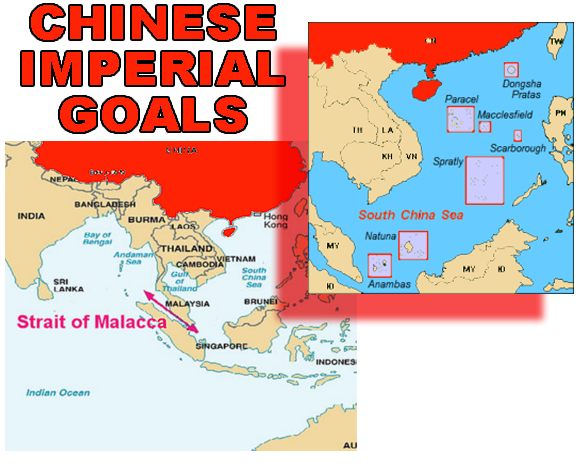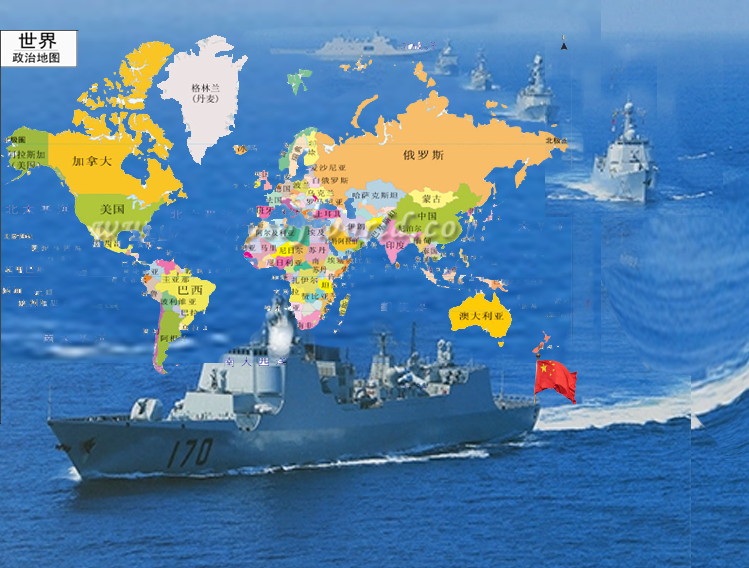
In China, social media users reacted with outrage at the ruling. “It was ours in the past, is now and will remain so in the future,” wrote one user on microblogging site Weibo. “Those who encroach on our China’s territory will die no matter how far away they are.”
AMSTERDAM/BEIJING, July 12 (Reuters) – An arbitration court ruled on Tuesday that China has no historic title over the waters of the South China Sea and has breached the Philippines’ sovereign rights with its actions, infuriating Beijing which dismissed the case as a farce.
A defiant China, which boycotted the hearings at the Permanent Court of Arbitration in The Hague, vowed again to ignore the ruling and said its armed forces would defend its sovereignty and maritime interests.
China’s state-run Xinhua news agency said shortly before the ruling was announced that a Chinese civilian aircraft had successfully tested two new airports in the disputed Spratly Islands.
And China’s Defence Ministry said a new guided missile destroyer was formally commissioned at a naval base on the southern island province of Hainan, which has responsibility for the South China Sea.
“This award represents a devastating legal blow to China’s jurisdictional claims in the South ChinaSea,” Ian Storey, of Singapore’s

CHINESE IMPERIALISM IS WHY WE NEED THE TPP: Economic analyses of TPP showS an overall positive (if modest) effect on the US economy. The hard part is that we, the US, are not homogeneous. TPP benefits the coasts hugely because of exports from agriculture and tech. The rust belt, based on my reading, will benefit less but the reality is that rust belt jobs are endangered not by TPP itself but by automation as well as lower wages elsewhere.
The CONSTRUCTIVE approach, building off of the Bernie campaigN, is to pass TPP along with companion legislation that strengthens the role of unions in the US and strengthens barriers to trade with countries like Malaysia that practice wage slavery, countries like China that wink wink in their trade with Iran, etc.
BUT TPP ALSO ALLOWS US TO affirmatively encourage trade with TPP partners!
ISEAS Yusof Ishak Institute, told Reuters.
“China will respond with fury, certainly in terms of rhetoric and possibly through more aggressive actions at sea.”
The United States, which China has accused of fueling tensions and militarizing the region with patrols and exercises, urged parties to comply with the legally binding ruling and avoid provocations.
“The decision today by the Tribunal in the Philippines-China arbitration is an important contribution to the shared goal of a peaceful resolution to disputes in the South China Sea,” State Department spokesman John Kirby said in a statement.
China claims most of the energy-rich waters through which about $5 trillion in ship-borne trade passes every year. Brunei, Malaysia, the Philippines, Taiwan and Vietnam also have claims.
Finding for the Philippines on a number of issues, the panel said there was no legal basis for China to claim historic rights to resources within its so-called nine-dash line, which covers almost 90 percent of the South China Sea.
It said China had interfered with traditional Philippine fishing rights at Scarborough Shoal and had breached the Philippines’ sovereign rights by exploring for oil and gas near the Reed Bank.

”2,000 YEARS OF HISTORY”
China’s Foreign Ministry rejected the ruling, saying its people had more than 2,000 years of history in the South China Sea, that its islands did have exclusive economic zones and that it had announced to the world its “dotted line” map in 1948.
The ruling is significant as it is the first time that a legal challenge has been brought in the dispute, which covers some of the world’s most promising oil and gas fields and vital fishing grounds.
It reflects the shifting balance of power in the 3.5 million sq km sea, where Chinahas been expanding its presence by building artificial islands and dispatching patrol boats that keep Philippine fishing vessels away.
The Philippines said it was studying the ruling.
“We call on all those concerned to exercise restraint and sobriety,” Foreign Affairs Secretary Perfecto Yasay told a news conference. “The Philippines strongly affirms its respect for this milestone decision as an important contribution to the ongoing efforts in addressing disputes in the South China Sea.”
Japan said the ruling was legally binding and final.
Oil prices jumped following the findings, with Brent crude futures up almost 3 percent at $47.87 per barrel at 1130 GMT.
The court has no power of enforcement, but a victory for the Philippines could spur Taiwan, Vietnam, Malaysia and Brunei to file similar cases.
Ahead of the ruling, around 100 members of a Philippine nationalist group demonstrated outside the Chinese consulate in Manila, calling on Beijing to accept the decision and leave the Scarborough Shoal, a popular fishing zone off limits to Filipinos since 2012.
Spreading fast on social media in the Philippines was the use of the term “Chexit” – the public’s desire for Chinese vessels to leave the waters.